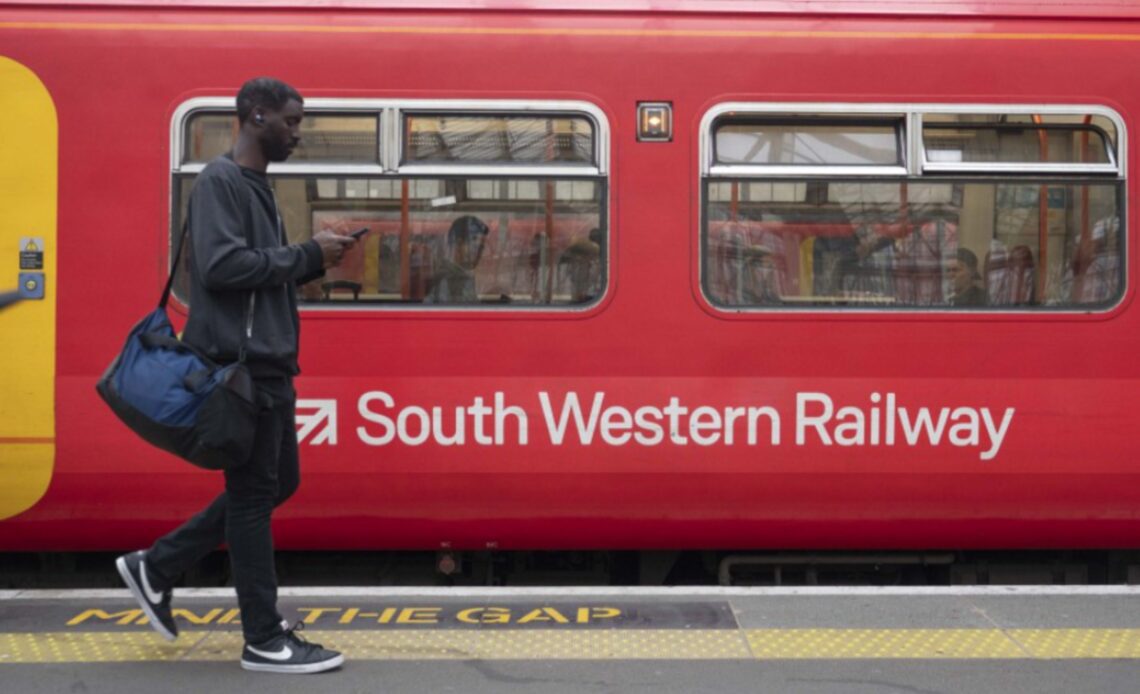
Thirteen months on from the start of the first national rail strikes since the 1980s, the disputes over pay, jobs and working conditions appear as intractable as ever. July has seen the resumption of industrial action aimed at more than a dozen train operators by both main rail unions, which will continue into August.
In a separate dispute, staff working for the London Underground will walk out for six days in late July in a row over over pensions, job cuts and what the RMT union calls “attacks on working conditions”.
In the national rail disputes, the biggest union, the RMT, and Aslef, representing train drivers, say many of their members have not had a pay rise for four years. They are demanding decent, no-strings increases that take into account the high level of inflation. The unions are prepared to discuss reforms, but these must be negotiated separately with commensurate boosts to pay.
Train operators and ministers – who must sign off any deal – insist modernisation is essential following the collapse of rail revenue, in particular the loss of much of the “bedrock” of season ticket sales since the Covid pandemic.
Caught in the middle: the long-suffering passenger. Since June 2022, national rail strikes and other forms of industrial action have scuppered the travel plans of tens of millions of train passengers. Stoppages have been called frequently, causing massive disruption and making advance travel planning difficult.
Transport for Wales and ScotRail are not involved and will run normal services, but some of the affected operators usually run trains in Wales and Scotland.
These are the key questions and answers.
Who is taking industrial action, and when?
The train drivers’ union, Aslef, is mounting “action short of a strike” in the shape of Monday-to-Saturday overtime bans. It carried out the first six-day walk-out from 3 to 8 July. The second began on Monday 17 July and will continue until Saturday 22 July inclusive. A third starts on Monday 31 July until Saturday 5 August.
Hundreds of trains are likely to be cancelled each day.
The biggest rail union, the RMT, has called` 20,000 of its members out on strike on Thursday 20, Saturday 22 and Saturday 29 July. The first two dates coincide with the Aslef overtime bans.
The late July walk-outs are likely to cause widespread cancellations at the start of the main summer…
Click Here to Read the Full Original Article at The Independent Travel…
